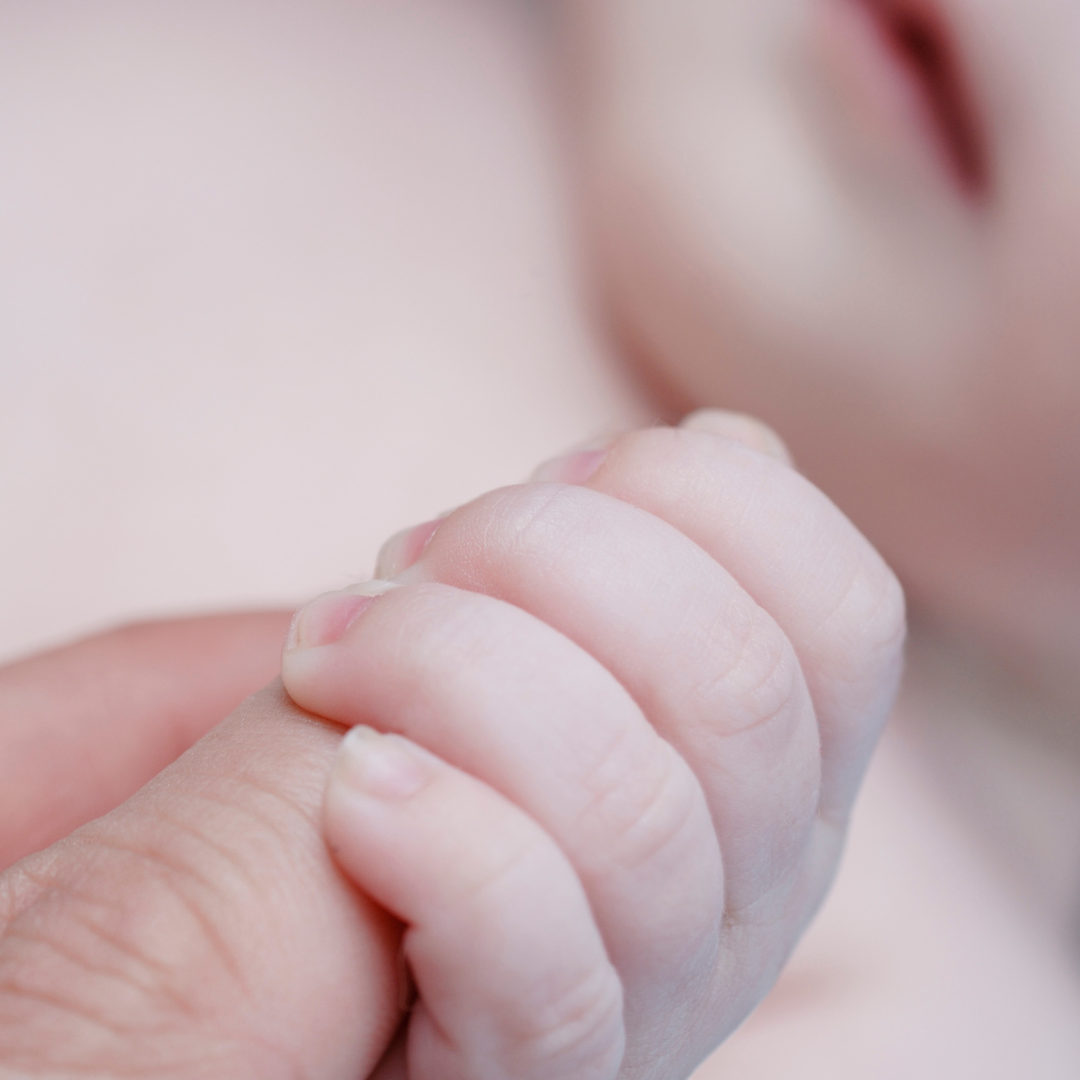Understanding the Hidden Effects of Birth Trauma and Baby's Development in Australia
Amidst the marvel of a baby's development lies a less-discussed aspect—the profound impact of birth trauma. Beyond the immediate challenges of childbirth, birth trauma can reverberate through a baby's development, with effects that linger into their formative years. In Australia, where approximately 1 in every 200 babies experiences birth asphyxia, the repercussions of such trauma on a child's growth cannot be underestimated.
Among the less explored but crucial perspectives is the impact of a parent's experience of guilt and disempowerment resulting from birth trauma. Parents who undergo traumatic birth experiences may carry immense guilt, feeling responsible for the trauma their child endured during birth. This emotional burden can affect their ability to bond with the baby and may inadvertently influence the infant's development.
The Parental Impact: Guilt and Disempowerment
Parents' unresolved trauma can inadvertently seep into their interactions with their baby. The burden of guilt and disempowerment can affect their confidence in caregiving, leading to heightened anxiety and stress. This emotional state can inadvertently impact the parent-child relationship, potentially affecting the baby's sense of security and emotional well-being. A parent grappling with their own trauma might struggle to provide the consistent and nurturing care crucial for optimal infant development.
These dynamics can influence the baby's environment and emotional cues, potentially impacting their neural development and stress response system. Babies are highly attuned to their caregivers' emotions, and a stressed or emotionally distant parent might unknowingly convey a sense of insecurity to the infant.
Long-Term Implications on Baby's Development
The long-term effects of a parent's unresolved birth trauma can manifest in various ways in the child's development:
1. Emotional Regulation: Babies may struggle with emotional regulation, mirroring the stress or anxiety levels exhibited by their caregivers.
2. Attachment and Bonding: Difficulties in forming secure attachments might arise due to inconsistencies in caregiving behaviors resulting from a parent's emotional turmoil.
3. Neurodevelopment: Prolonged exposure to a stressful environment may impact the baby's neurological development, potentially affecting cognitive and emotional processing.
Addressing the Hidden Impact
Acknowledging and addressing the emotional journey of parents impacted by birth trauma is paramount. Providing adequate support, counseling, and guidance for parents struggling with guilt and disempowerment can significantly improve the parent-child relationship. Encouraging open discussions and offering avenues for healing, such as therapy or support groups, can aid parents in navigating their emotions and fostering a healthier environment for their child's development.
Ultimately, understanding the often-overlooked parental perspective in the aftermath of birth trauma is integral. By supporting parents in processing their experiences, we can create a more nurturing environment that bolsters a baby's developmental journey, fostering resilience and well-being for years to come.


